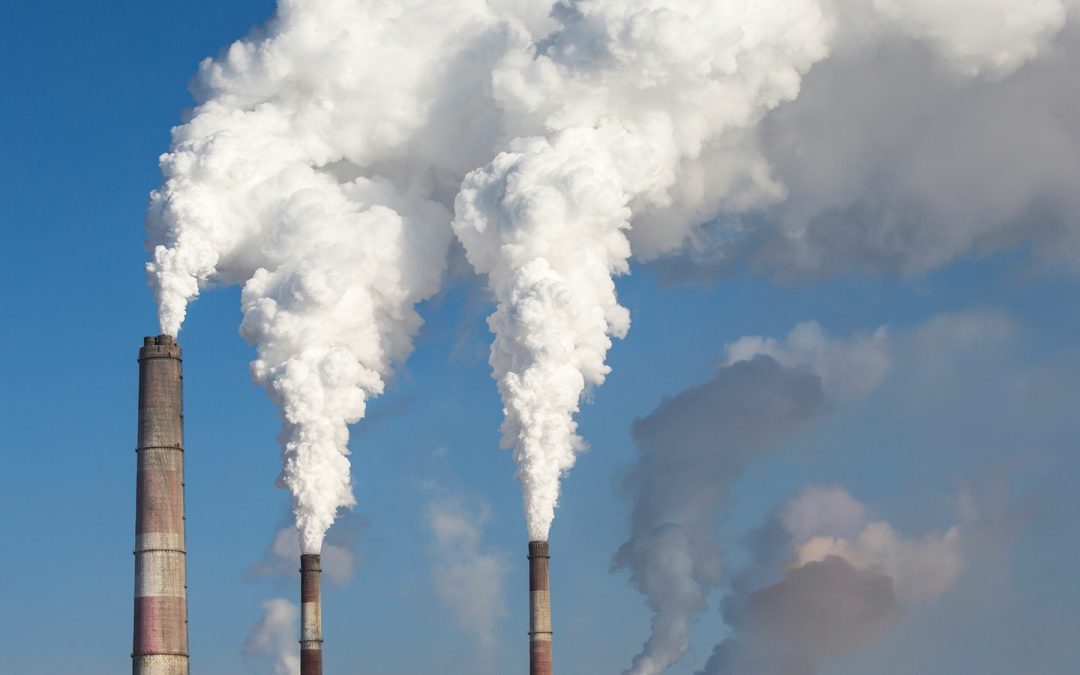China’s state planner and energy regulator has said new coal-fired power plants are necessary during the transition away from fossil fuels to meet peak power demand and stabilise the grid.
China is the world’s largest energy consumer and is heavily reliant on coal. In 2023, the country’s global operating coal capacity grew by 2% to 2,130GW.
But coal power permits fell 83% in the first half of 2024, suggesting the world’s second-largest economy might be weaning itself off the fossil fuel.
However, according to new government guidelines, the country plans to keep building coal-fired power plants through 2027, as reported by Reuters.
The state planner and energy regulator said these plants were necessary in regions where they were needed to meet peak power demand or stabilise the grid.
Coal produces significantly more CO2 per unit of energy than other fossil fuels such as oil and natural gas because it contains a higher carbon content. Climate experts have said that countries need to move away from the fossil fuel or risk failing to reduce carbon emissions enough to tackle climate change.
However, the new guidelines stipulate that newly built coal plants should have between 10% to 20% lower carbon emissions per unit of power output than the 2024 fleet. It also calls for upgrades to some existing coal plants which do not meet these conditions.
According to Reuters, newly built and upgraded coal plants should also be able to safely and reliably adjust their output to help meet peak power demand.
A report published last year suggested that China’s coal consumption was expected to peak by 2025 . However, a recent report from the China Coal Association said it would not peak until 2028.



